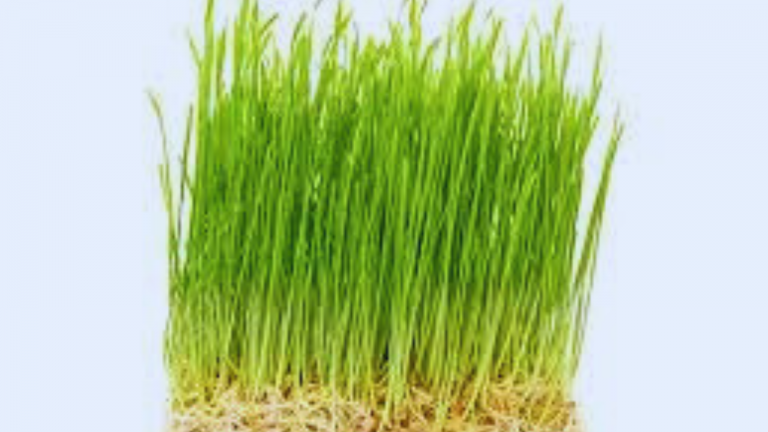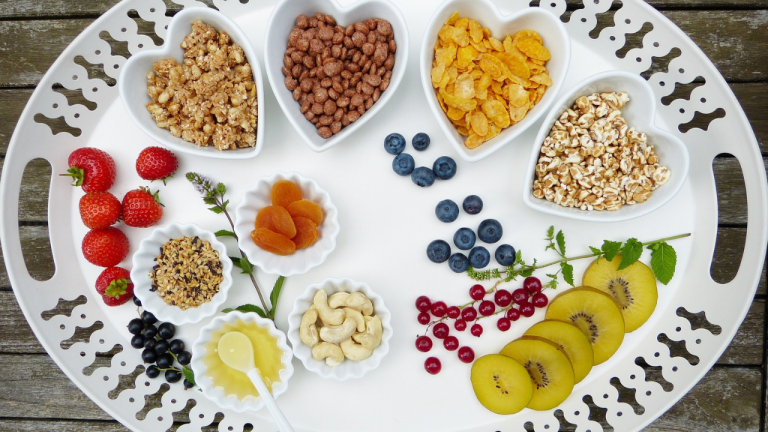Can Certain Foods Cause Negative Effects on the Skin?

If so, what should I avoid?
Yes, certain foods can potentially have negative effects on the skin in some individuals, although the impact can vary depending on factors such as genetics, overall diet, and individual sensitivities. Here are some common foods that may be associated with negative effects on the skin in some people:
High-glycemic foods: Foods that are high on the glycemic index (GI) can cause a rapid increase in blood sugar levels, leading to an insulin spike. This can potentially trigger an increase in sebum production, which is the natural oil produced by the skin, and contribute to the development of acne. Examples of high-glycemic foods include sugary foods, refined carbohydrates like white bread and white rice, and sweetened beverages.
Dairy products: Some research suggests that dairy products, particularly milk, may be linked to acne in some people. It is hypothesized that the hormones present in milk, as well as the insulin-like growth factor 1 (IGF-1) it contains, may potentially influence sebum production and contribute to acne development. However, more research is needed in this area, and not all individuals may be affected by dairy products in the same way.
Processed and fried foods: Foods that are high in unhealthy fats, such as trans fats and saturated fats, found in many processed and fried foods, may potentially contribute to inflammation in the body, which can impact the skin. Inflammation is thought to be involved in various skin conditions, including acne, eczema, and psoriasis.
Sugary foods and beverages: Consuming excessive amounts of sugary foods and beverages can potentially contribute to inflammation and oxidative stress in the body, which may affect the skin’s health and contribute to premature aging.
Food allergens: Some individuals may have specific food allergies or sensitivities that can manifest as skin issues. Common food allergens such as nuts, shellfish, eggs, and wheat can potentially trigger skin reactions in susceptible individuals.
Caffeine and alcohol: Excessive consumption of caffeine and alcohol can potentially lead to dehydration, which may negatively affect the skin’s health and appearance by causing dryness, flakiness, and dullness.
It’s important to note that different people may have varying degrees of sensitivity or reactivity to certain foods, and the impact of diet on the skin can be complex and multifactorial. It’s always best to pay attention to your own body and consult with a healthcare provider or registered dietitian for personalized advice on your specific dietary needs and their potential impact on your skin health. Maintaining a well-balanced diet that is rich in a variety of whole, nutrient-dense foods, and staying hydrated by drinking enough water is generally recommended for promoting overall skin health.



